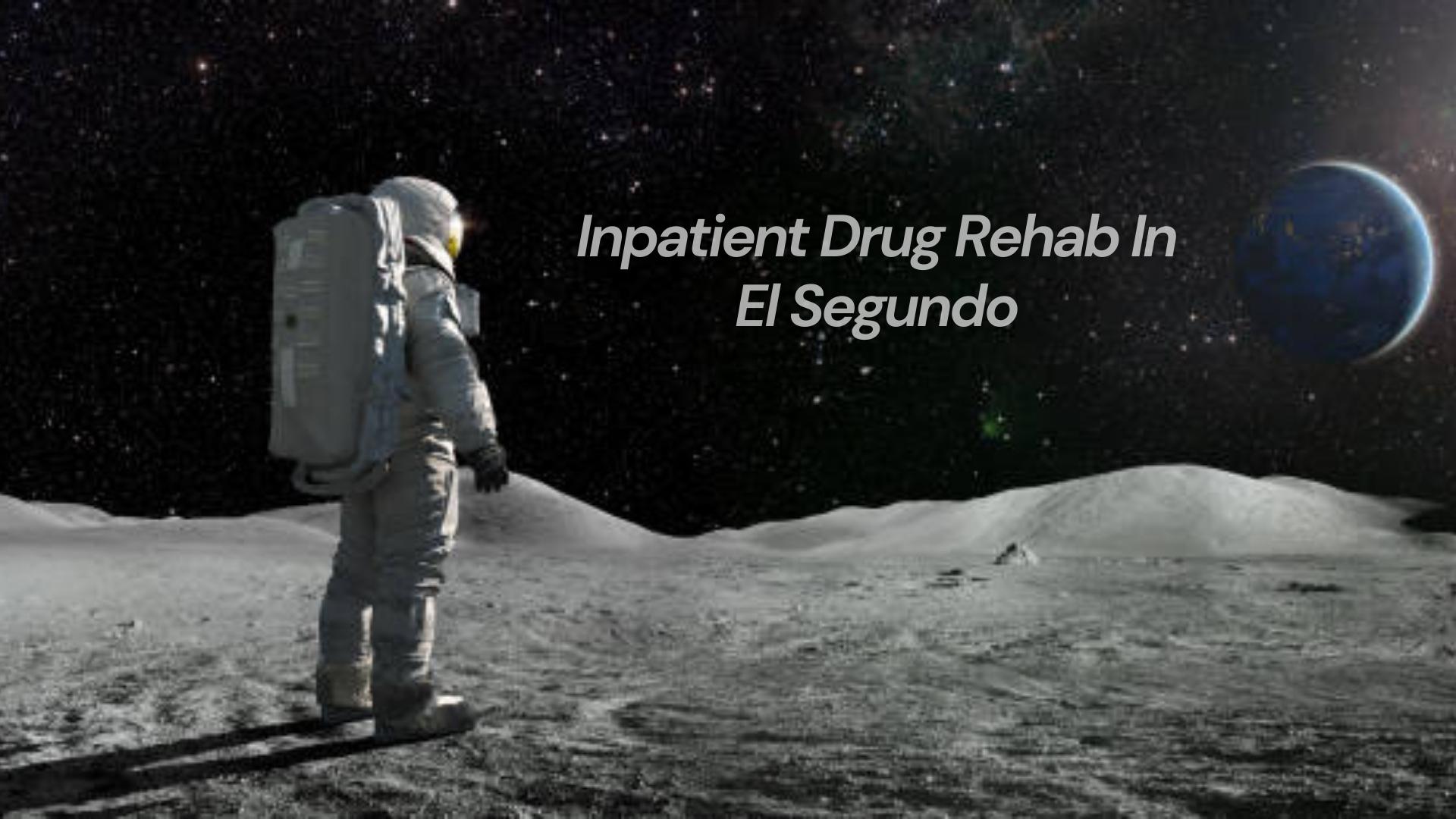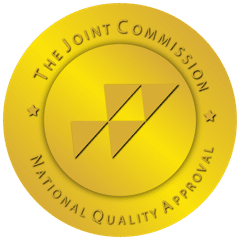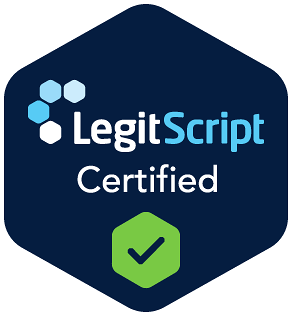Deciding to seek treatment for alcohol addiction is a transformative step, yet financial considerations often weigh heavily on that decision. By gaining insight into the cost of treatment, you can approach this process with confidence and clarity.
The expenses associated with treatment vary widely, shaped by the type of program, the duration of care, and the services provided. For example, outpatient care is often more economical, while inpatient programs typically involve higher costs due to lodging and 24-hour supervision.
At Lift Off Recovery, we aim to simplify this journey by offering outpatient programs tailored to various budgets. Understanding the factors that influence treatment costs and exploring insurance options ensures that you can prioritize healing without undue financial strain.
Key Factors Influencing Alcohol Treatment Costs
The cost of alcohol treatment varies significantly depending on the type of care, the length of the program, and the specific services provided. Understanding these factors can help you make an informed decision that suits your financial needs while prioritizing effective healing.
Program Type: Inpatient programs, which include on-site accommodations and 24-hour supervision, often carry higher costs due to the resources required. Alternatively, outpatient programs, such as those offered by Lift Off Recovery, provide professional guidance without the added expense of lodging, making them a more affordable option for many.
Duration of Treatment: The length of a therapy program is another important consideration. Longer programs may offer more comprehensive support and address deeper healing challenges but tend to increase overall costs.
Services Included: Programs with diverse offerings, including personalized therapy, MAT, and holistic approaches, may come with higher initial expenses. However, these services often deliver long-term benefits, addressing the root causes of addiction and aiding lasting healing.
You can choose a program tailored to your needs and budget by evaluating these factors.
Comparing Outpatient and Inpatient Care
Choosing between outpatient and inpatient care is a pivotal step in determining the right approach to recovery. Both options offer distinct advantages, and the choice depends on your individual needs, lifestyle, and the severity of your condition. Understanding the differences can help you make an informed decision tailored to your circumstances.
Benefits of Outpatient Care
Outpatient programs allow you to continue living at home while participating in scheduled therapy and counseling sessions. This flexibility enables you to maintain work, family, or school commitments, making it an ideal choice for those seeking to balance healing with daily responsibilities. Outpatient care is also more cost-effective, as it eliminates expenses related to accommodations and round-the-clock supervision.
Advantages of Inpatient Programs
Inpatient treatment provides a highly structured, residential environment designed for intensive support. By removing external distractions and triggers, it allows clients to focus entirely on their recovery journey. Inpatient care includes meals, lodging, and continuous monitoring, which contribute to its higher overall cost but may be necessary for severe cases or when a controlled environment is crucial.
We offer tailored programs like IOP and PHP, balancing care with flexibility. These programs strike a balance, offering effective care while minimizing financial impact.
Leveraging Insurance to Offset Treatment Costs
Insurance provides a crucial way to reduce the cost of alcohol therapy process, making healing more accessible. Coverage varies by plan and provider, but many policies include substantial benefits for addiction treatment. By understanding these options, you can take advantage of the support available and ease the financial burden of care.
What Insurance Often Covers
- Outpatient Services: Many insurance plans cover therapy and group counseling, making outpatient programs an affordable choice for restoration. These programs provide flexibility, allowing clients to maintain work, school, or family responsibilities while receiving treatment.
- MAT Programs: Policies often include medication-assisted treatment (MAT) to help manage withdrawal symptoms and cravings effectively. This approach combines medication with therapy, enhancing the chances of long-term recovery success.
- Behavioral Health Therapy: Coverage frequently extends to services like therapy for families, mental health support, and one-on-one counseling sessions. These services address the underlying issues of addiction, promoting emotional well-being alongside sobriety.
We work directly with clients to simplify the insurance process. Our team helps clarify coverage, coordinates with providers, and ensures you access the benefits available. This hands-on approach reduces out-of-pocket costs and allows you to focus on achieving lasting healing.
Financial Assistance and Payment Flexibility
For those without comprehensive insurance coverage, finding alternative ways to manage the cost of alcohol treatment can make recovery more attainable. Lift Off Recovery understands the financial challenges many face and offers a variety of options to ensure high-quality care remains accessible to all.
Options to Consider
- Sliding Scale Pricing: This option adjusts fees based on income, offering a tailored approach that makes treatment affordable for those with varying financial resources. It ensures that quality care remains accessible regardless of financial circumstances.
- Flexible Payment Plans: Breaking care plans costs into manageable monthly payments allows clients to focus on healing without the stress of upfront expenses. These plans offer flexibility, enabling clients to budget effectively while receiving essential support.
- Scholarship Programs: Certain organizations provide financial aid or grants to cover part or all of the treatment costs, reducing financial barriers further. These programs can be a lifeline for those who might otherwise struggle to afford care.
We are committed to working closely with clients to identify the most appropriate payment solutions. Our goal is to ensure that financial concerns never become an obstacle to achieving lasting recovery.
Transparent Pricing: No Hidden Fees
Uncertainty about costs can add unnecessary stress to an already challenging situation, which is why transparency is a cornerstone of our approach at Lift Off Recovery. We believe that understanding the financial aspects of therapy upfront allows you to make informed decisions and focus on what matters most—your healing process.
What You Can Expect
1. A Detailed Breakdown of Costs
From the outset, we provide a comprehensive explanation of all program costs, ensuring there are no surprises. This includes information on therapy sessions, group counseling, medication-assisted treatment (MAT), and any additional services available.
2. Clear Details on Included Services
Each treatment plan outlines the specific services and therapies it covers. Whether it’s the number of counseling sessions, holistic care options, or specialized programs, you’ll have a complete understanding of what to expect.
3. Support in Identifying Additional Costs
If some optional services or therapies incur extra charges, we’ll help you understand these costs upfront. Our team is here to answer your questions and provide guidance, so you feel confident in your financial decisions.
We prioritize open communication and transparency, ensuring you can focus entirely on your recovery journey without the distraction of unexpected financial concerns.
The Importance of Aftercare in Sustained Recovery
Healing is an ongoing process that doesn’t stop when a formal therapy program ends. While completing a structured program is a significant achievement, maintaining sobriety requires continued effort and support. This is where aftercare services become invaluable, helping to sustain the progress made during treatment and reducing the risk of relapse.
Key Components of Aftercare
1. Ongoing Therapy and Counseling:
Regular therapy sessions provide an opportunity to reinforce the skills and coping mechanisms developed during treatment. These sessions address new challenges as they arise and ensure a strong foundation for long-term recovery.
2. Relapse Prevention Strategies
Learning to identify and manage triggers or high-risk situations is crucial. Aftercare equips clients with personalized strategies to navigate these moments effectively.
3. Access to Support Networks
Resources like local support groups and sober communities offer a sense of connection and accountability, helping clients stay motivated and engaged in their healing process journey.
Our aftercare programs are tailored to each client’s needs. These services provide consistent support during the transition back to everyday life, fostering confidence and stability for lasting sobriety.
Begin Your Path to Affordable and Lasting Recovery
Recovery from alcohol addiction begins with the courage to take that first step, and finances should never stand in the way of seeking help. Choosing the right therapy program is essential to achieving long-term success, and ensuring it is accessible and affordable makes all the difference.
At Lift Off Recovery, we offer tailored outpatient programs designed to meet your unique needs. Our team works closely with clients to navigate the complexities of insurance coverage, providing clarity and ensuring you maximize your benefits. For those without comprehensive insurance, we offer flexible payment options that fit within your budget without sacrificing the quality of care. Our comprehensive care plans are built to guide you through every stage of recovery, from initial treatment to long-term guidance, ensuring a seamless and effective journey.Take control of your future. Contact Lift Off Recovery today to begin your path toward lasting sobriety.






